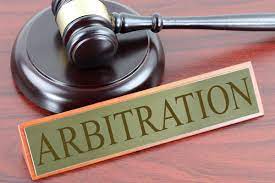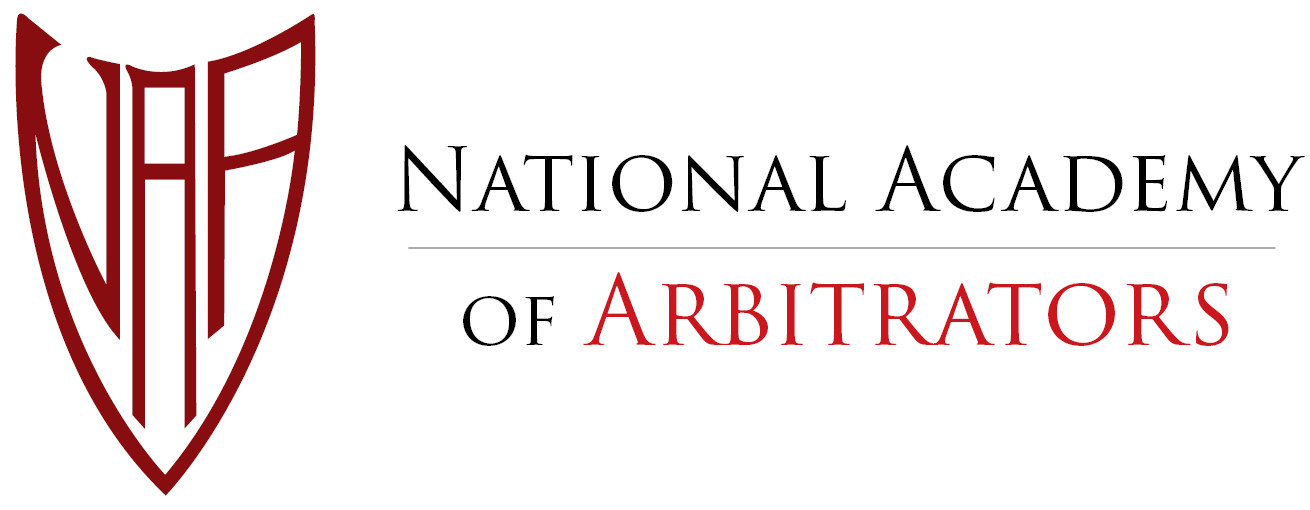
March 9, 2022
Questions About the Ending Forced Arbitration of Sexual Assault and Sexual Harassment Act
The recently passed Ending Forced Arbitration of Sexual Assault and Sexual Harassment Act amends the Federal Arbitration Act (FAA). It may impact labor arbitration, perhaps with unintended consequences. Members of the National Academy of Arbitrators, Lise Gelernter and Mark Travis, answer a few questions posed by Ariana Levinson, Professor of Law at University of Louisville Brandeis School of Law, about the potential impact. We hope to continue dialogue about these issues, and we welcome your thoughts. If you have responses to share with us and/or post alongside Arbitrator Gelernter’s and Travis’s responses, please email your responses to Ariana at…

Dec. 18, 2021
The Supreme Court of Canada Redefines the “Exclusive Jurisdiction Model” of Labour Arbitrators
(By Paula Knopf, a labour relations and dispute resolution arbitrator and mediator and member of the NAA.) The Supreme Court of Canada has continued its pattern of declaring that any issues arising out of the application, violation, enforcement or interpretation of collective agreements fall within the “exclusive” jurisdiction of labour arbitrators, thereby leaving labour disputes out of the realm of the courts. The pattern began with the case of Weber v. Ontario Hydro in 1995 when the Court adopted an “exclusive jurisdiction” model for labour arbitration. The Court ruled that where the essential character of a dispute in a unionized…

Dec. 23, 2020
NJ State Courts Answer Questions About the FAA and “Transportation Workers”
A State Supreme Court and a Federal District Court in New Jersey Answer Two Questions the U.S. Supreme Court Left Unanswered About the FAA Exemption for “Transportation Workers” by Lise Gelernter (Member, National Academy of Arbitrators) The New Jersey Supreme Court and a federal District Court judge in New Jersey answered two of the many questions the Supreme Court left open when it ruled in the 2000 Circuit City case that employment contracts of an undefined group of “transportation workers” are exempt from the Federal Arbitration Act (FAA). Circuit City Stores, Inc. v. Adams, 532 U.S. 105, 119 (2001). One…

Oct. 30, 2020
Arbitrator Zack’s Letter Responding to NYT’s Editorial
On Oct. 23, the NYT published Professor Zack’s letter responding to the NYT editorial early in October regarding the arbitration of police disciplinary cases. Prof. Zack’s letter is available here (once in the page, scroll down to find Prof. Zack’s letter).

Oct. 8, 2020
NAA President Daniel Nielsen Responds to Recent NYT Editorial
NAA President Daniel Nielsen rebuts a NYT editorial that calls for the elimination of police arbitration as the solution for the nation’s police crisis. The editorial’s title To Hold Police Accountable, Ax the Arbitrators speaks for itself. President Nielsen’s letter can be found here.

June 3, 2020
Statement by the NAA President on Institutional Racism
We have all seen the film of the death of George Floyd, and witnessed the still unfolding aftermath. All of us are shaken, not by the protests, but by the need for public protests to drive home the fact that much of the “progress” we congratulate ourselves on achieving is illusory, and that racism in our institutions is still a very real and pervasive part of American life. We are arbitrators, and as arbitrators, we pride ourselves on approaching every situation on its merits, without any taint of preconception or generalization. No one can fully shed their life experiences, but we can and…

Feb. 7, 2020
NLRB Makes it Easier to Defer to Arbitration Awards
The National Labor Relations Board (NLRB) has a policy of deferring to arbitrators’ awards that deal with factual scenarios that may also constitute unfair labor practices (ULPs). If the Board “defers” it will not rule on the ULP charge, allowing the arbitration award or settlement to provide the appropriate relief. The Board has changed its deferral standards from time to time and it did so again in a decision issued at the end of December, 2019, United Parcel Service, Inc., 369 NLRB 1 (2019) (UPS). This change did not come as a big surprise since NLRB General Counsel Peter Robb…

Oct. 23, 2018
Be sure your arbitration agreement is clear about who decides arbitrability
(Arbitrator and NAA member, Maretta Comfort Toedt) In JPay, Inc. v. Kobel, the parties agreed that their dispute was to be settled in arbitration but not whether the arbitration agreement provided for the dispute to be heard as a class. The parties also disagreed as to who should decide whether the dispute could be heard on a class basis. The Eleventh Circuit determined that: JPay and its users contracted and consented to arbitrate “any and all . . . disputes, claims and controversies” arising out of or relating to JPay’s Terms of Service, and they agreed to arbitrate the…

April 17, 2018
“Rare Decision” Reversing Arbitration Award
Arbitrator and NAA member, Christine Ver Ploeg, comments on a recent article in the Minnesota’s Star Tribune, (In rare decision, Minnesota Appeals Court backs firing of police officer, April 9, 2018) about a court of appeals reversal of an arbitrator’s decision. The Minnesota Court of Appeals recently vacated an arbitration award, affirmed by the district court, involving the reinstatement of a Minnesota police officer due to a violation of public policy. City of Richfield v. Law Enforcement Labor Services, Inc., (Minn. App. A17-1275, April 9, 2018). In 2016 the City of Richfield discharged the officer for use of…

Feb. 9, 2018
Professor Matt Finkin on Class Arbitration Waivers
In “Dealing with harassment? Discrimination? Wage Theft? Good luck getting Justice with mandatory arbitration” (LA Times, 2/9/18), Professor and NAA Member, Matt Finkin (Illinois), discusses class arbitration waivers.
